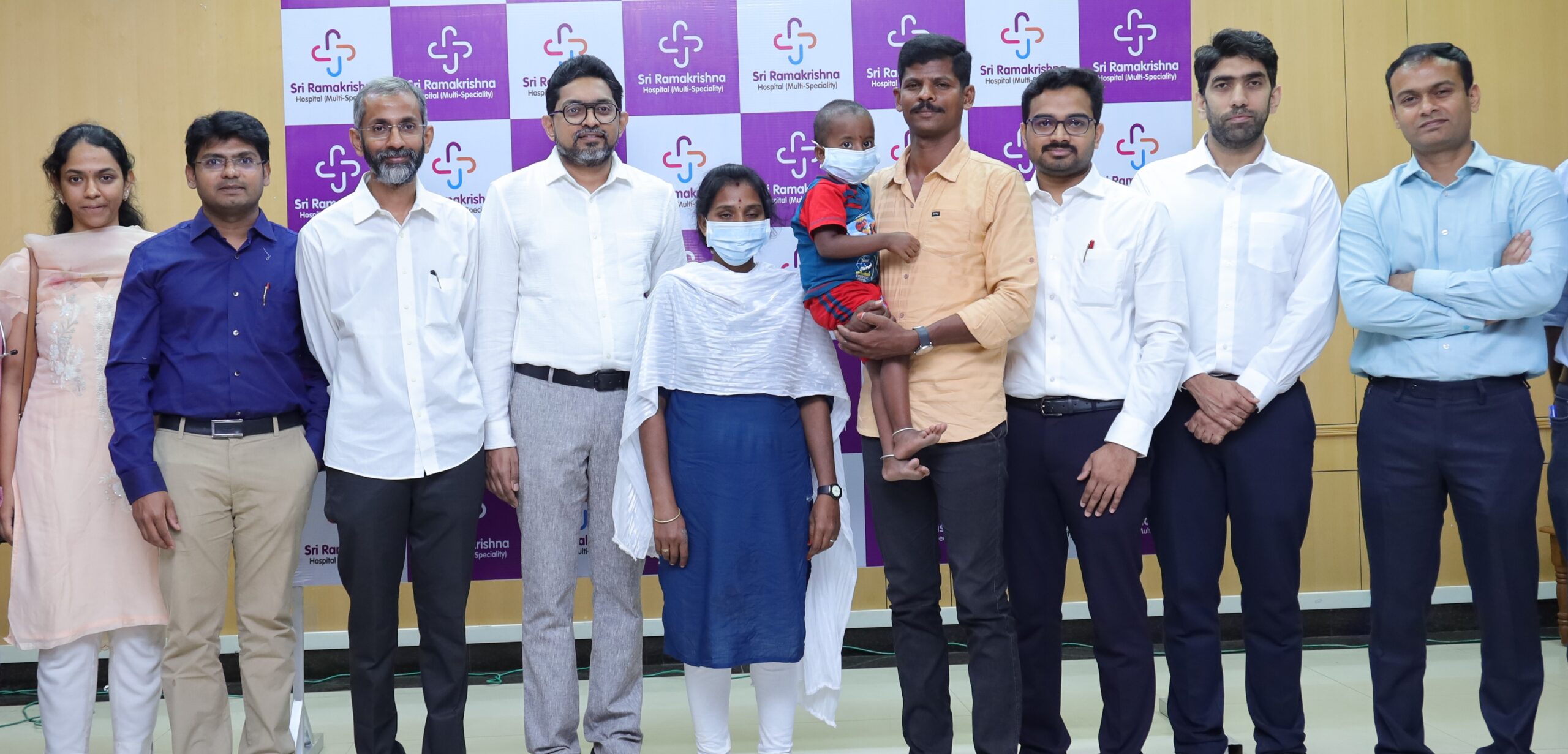Trending Now
- 830 voters names go missing in Kavundampalayam constituency
- If BJP comes to power we shall consider bringing back electoral bonds: Nirmala Sitaraman
- Monitoring at check posts between Kerala and TN intensified as bird flu gets virulent in Kerala
Coimbatore
Old and ill eliminated by the notorious “Thalaikoothu” in Coimbatore
![]() July 6, 2019
July 6, 2019
Exclusive
Murdered before expiry date
A life’s end can be made torturous under the guise palliative care. When caring for the old becomes tough and financially near impossible, hastening the end becomes a probable choice for many. Studies highlighting this have come and The Covai Post looks at this growing disturbing trend.
Heated debates on the need for Euthanasia and arguments against it continue with little solution, even when the Supreme Court recently ruled by n favour of passive Euthanasia. In a country where health indices have improved and longevity of life has gone up, the numbers of the elderly have gone up substantially. This calls for good palliative care.
Source : Indian Journal of Palliative Care
The recent study by PSG Institute of Medical Sciences and Research sheds shocking details of how the old and the terminally ill are forced to have a painful death in Tamil Nadu including several areas in and around Coimbatore.
From thrusting sand into the mouth of the aged and dipping them in oil to dumping them to be ‘treated’ by wild animals are practised in rural areas of Tamil Nad where emotions and culture are overpowered by economic factors.
While home-based palliative care models have been implemented successfully globally, financial issues have made it difficult in India. Cultural and religious beliefs may make one bring a terminally ill person back home to ensure a peaceful death at home. A number of rituals and practices followed, in fact, in and around Coimbatore contribute to hasten death, says the study.
Among the different methods practised are oil bath (Thalaikoothal), where gingelly oil is applied on the terminally ill after he or she is given cold water bath. This is done several times a week and the end is hastened.
Another method is giving holy water or milk. This is where the ill person, often bed-ridden nearly unconscious person is given holy water (theertham) collected from temples and often forcefully forced to drink it. This is done to end his or her suffering. Tender coconut water is also used to feed the person. He or she is ritually bathed in such water which adds to the woes.
Not to stop at that, other beliefs that the ill person is attached to his land and surroundings worsens the care. The study points to collecting water and mud from the land owned by the person is collected and mixed to feed the ill.
It has been scientifically proved that all such rituals simply contribute to hastening death as a result of hypothermia, renal failure and aspiration pneumonia, among the many illnesses. The study points that under the cover of ‘dignified death’ what is often practised is euthanasia and the sufferings of the elderly cannot be neglected.
Another trend witnessed among tribes people is carrying the old to forest areas, especially elephant passes or wild animal crossings and dumping them there to be left to be ‘taken care of’ by wild animals. A forest Guard on conditions of anonymity told The Covai Post that it has the advantage of fetching the relatives of the victim of wildlife attack , death claim compensation.
This definitely calls for bringing an end to such practices that only add to the suffering of the elderly and the terminally ill. There has to be more awareness creation and strict action and penalty for offenders. The Government should bring in necessary legislations for effective and proper elderly care with the right facilities in case of home-based care. Such care should be incorporated into the primary health-care system, it says.

























